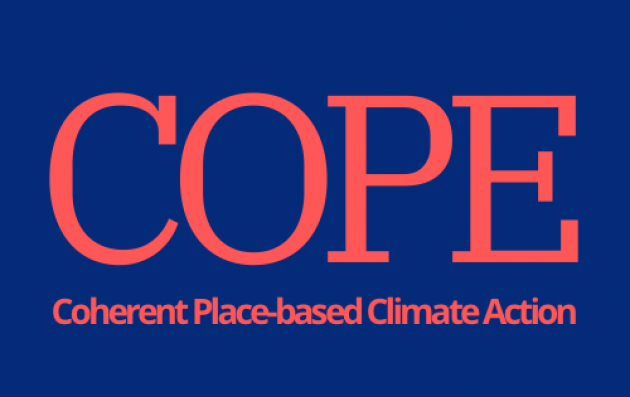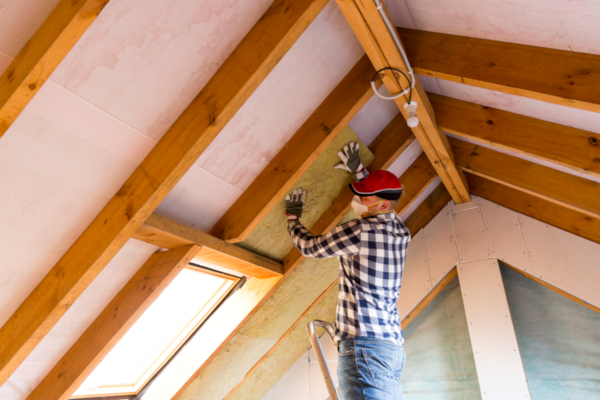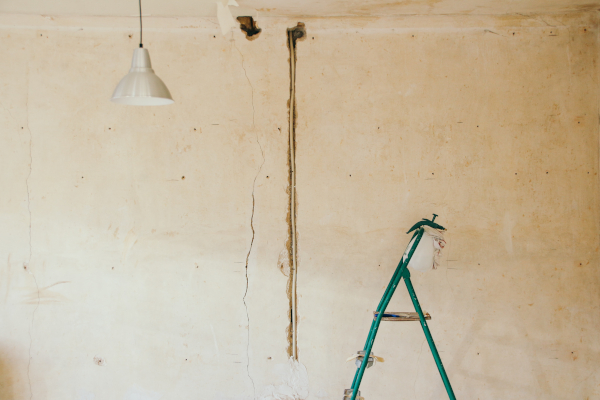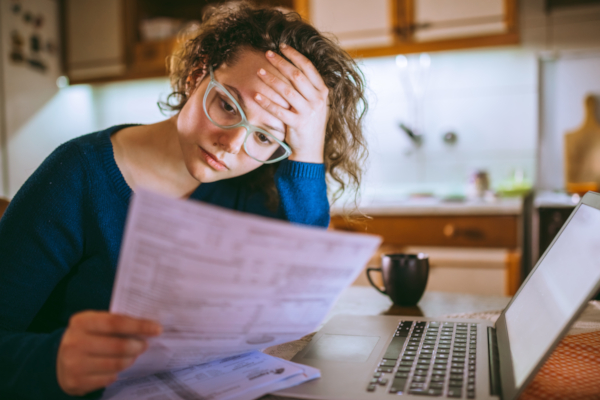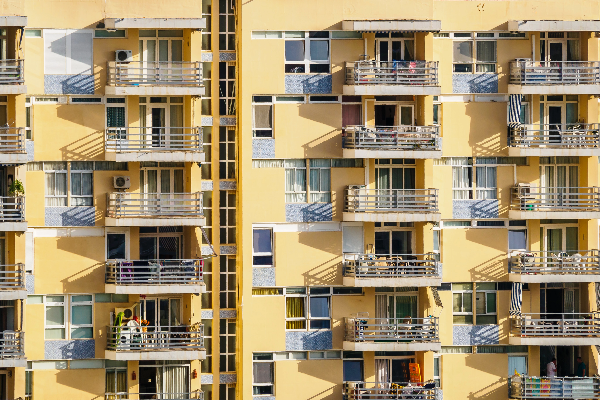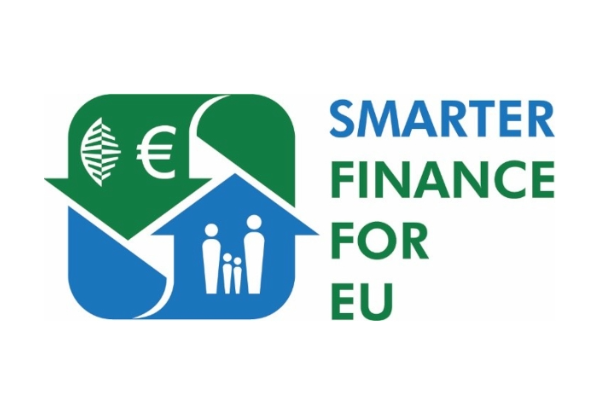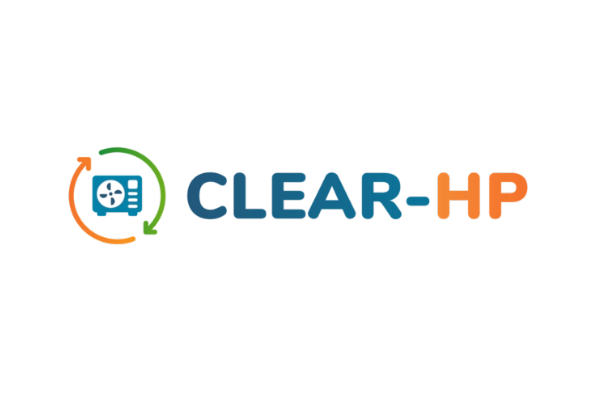Diagnosis
SocialWatt
European projectSocialWatt aimed to enable obligated parties under Article 7 of the Energy Efficiency Directive across Europe to develop, adopt, test and spread innovative schemes to alleviate energy poverty. The appropriate tools developed within the framework of SocialWatt aimed to help utilities and energy suppliers effectively identify energy poor households, as well as develop and monitor schemes that focus on increasing the energy efficiency of these houses. The ‘SocialWatt Analyser’ tool combined such data with other available data (national, regional and local statistical data, data from social services etc.) to support utilities and energy suppliers identify energy poor citizens.
Explore more

Germany
Energy Keeper
Smart-BEEjS
European projectThe project aimed to train 15 PhD researchers to design transformational pathways that tackle Energy Poverty and Justice. It supported in providing evidence and using the decentralised nature of ‘Positive Energy Districts’ and ‘Networks of Districts’ as the central platform of transformation, whilst recognising the economic, social and environmental challenges faced.
Explore more

Germany
Energy Keeper
SHINE - Seasonal Health Intervention Network
National projectThe SHINE network advises and refers to vulnerable groups including people of low incomes and with health conditions across the London Boroughs.
Explore more
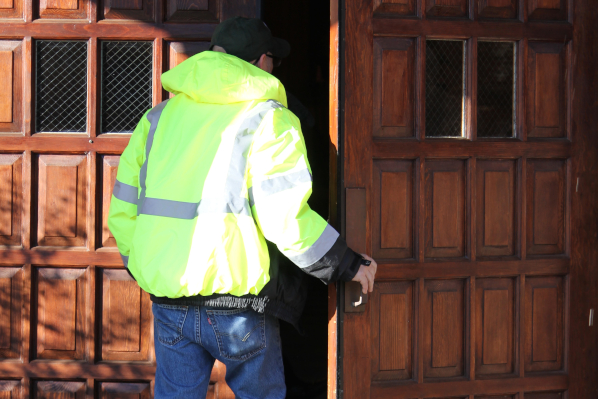
United Kingdom
HHHH - Health Homes, Healthy People
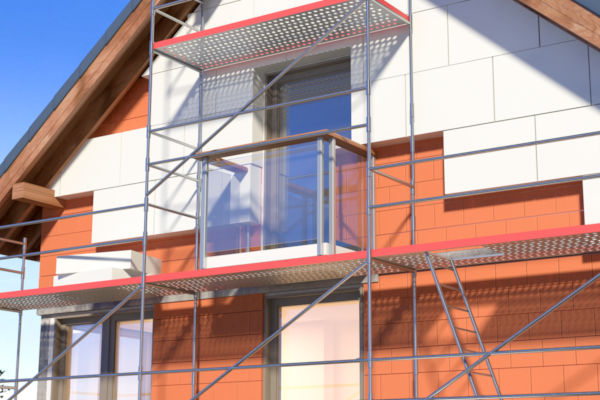
United Kingdom
WHAM - Warmer Homes, Advice and Money
MCPE - Mieux comprendre les situations de précarité énergétique pour mieux les traiter/ Better understand energy poverty situations to treat them better
National projectLes Compagnons Bâtisseurs (CBP) in the regional branch in Provence launched the project MCPE aiming to assist auto-renovations. Staff of CBP helped households with renovation but the project also developed households' awareness campaigns, sociotechnical diagnosis and provided advices.
Explore more
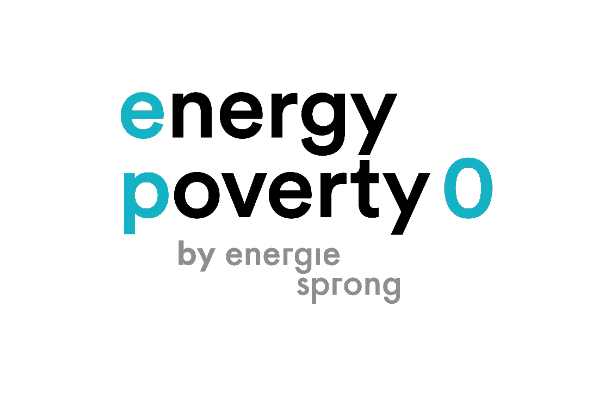
France
Life Energy Poverty 0 - EP0
LEAF - Low Energy Apartment Futures
European projectThree year project focused to improve the energy efficiency of multi-occupancy apartment blocks by overcoming the barriers experienced during the retrofit process. The toolkits provided advice and information on retrofit and were designed to overcome a number of known barriers.
Explore more

Germany
Energy Keeper
HHHH - Health Homes, Healthy People
National projectThe project aims to give people warmer safer and healthier homes this is done by offering advice support and referral options tailored to the needs of the household. Specific categories include energy-saving advice to fuel debt assistance, home safety advice to advice on benefit entitlement. All applicants have access to energy saving advice, smart meter advice, benefit entitlement advice, tariff switching service, carbon monoxide awareness, fire safety and smoke alarm advice. Additional services are available but are dependent on criteria such as age, vulnerability, if the resident receives particular other benefits and poor health.
Explore more

United Kingdom
WHAM - Warmer Homes, Advice and Money
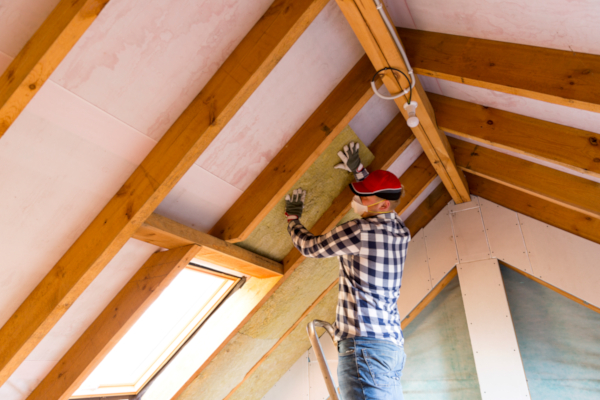
United Kingdom
Wilmcote House EnerPHiT
HEEPS - Home Energy Efficiency Programmes Energy Efficient Scotland
National projectPart of the Scottish Government funded Home Energy Efficiency Programmes for Scotland: Area Based Schemes (HEEPS:ABS) for South Ayrshire Council.
Explore more

United Kingdom
HHHH - Health Homes, Healthy People

United Kingdom
WHAM - Warmer Homes, Advice and Money

United Kingdom
Wilmcote House EnerPHiT
EnPoweR
National projectThe project was designed to develop tailored solutions to energy poverty alleviation in order to reduce energy demand and greenhouse gas emissions in Romania. The goal of the project, was to deliver new insights and provide guidance on how to effectively integrate sustainable development strategies in local policy frameworks. The research, data analysis, and findings were presented to the local government in a policy paper and used to train the stakeholders at several workshops. These workshops brought together representatives from energy suppliers, local governments and academia to explore policy options and provide capacity building training.
Explore more
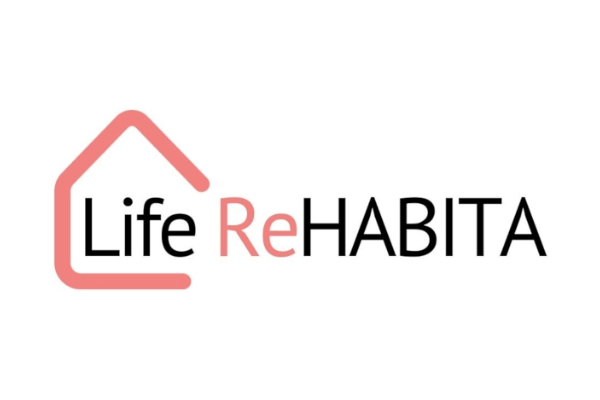
Spain
LIFE ReHABITA
Technical study of energy poverty in the city of Madrid
National projectA technical study on Energy Poverty in the city of Madrid, which disclosed 23% of households at risk of energy poverty and pointed out households headed by women among most disadvantaged groups.
Explore more
Social project Alisée
National projectThe Alisée project aims to support initiatives to reduce energy vulnerability and inequalities through sustainable reponses coordinated with all actors involved to problems encountered by working on the building, equipment, users and occupants, and by working with the various social and technical partners in the territories. Networking aims to equip professionals and volunteers with tools and methods to support households in energy poverty. It relies on raising the awareness of partners on energy and water saving, on training, on individual or collective support for inhabitants, on networking actors to set up a monitoring and data sharing system.
Explore more

France
